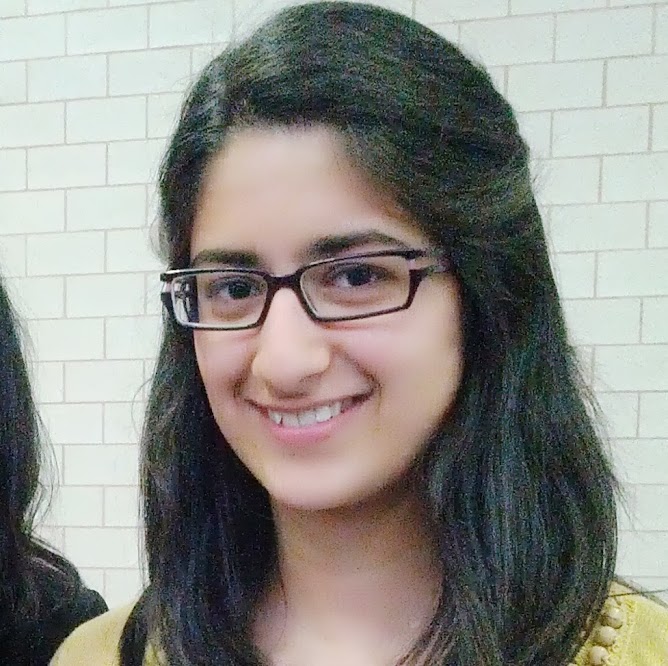By Maharshi Chakravortee
Let me ask you a question. Has it ever struck your curious mind as to how all these incredibly beautiful structures - these planets, stars, galaxies - came from a mere singularity, or in simple words the ‘Big Bang’? Since the Big Bang was hypothesised, all theoretical, experimental and astronomical physicists went bonkers to find out exactly how ‘inflation’ (I will come to that) can be proved to cement the Big Bang Theory, or if the Big Bang Theory is just a crazy idea to satisfy our minds temporarily about the origins of the universe. Are we all in a state of oblivion, or does science actually play God in this?
Let me ask you a question. Has it ever struck your curious mind as to how all these incredibly beautiful structures - these planets, stars, galaxies - came from a mere singularity, or in simple words the ‘Big Bang’? Since the Big Bang was hypothesised, all theoretical, experimental and astronomical physicists went bonkers to find out exactly how ‘inflation’ (I will come to that) can be proved to cement the Big Bang Theory, or if the Big Bang Theory is just a crazy idea to satisfy our minds temporarily about the origins of the universe. Are we all in a state of oblivion, or does science actually play God in this?
Look
at this image for starters:
This
is a baby photo of our universe, from when the universe was about 380
thousand years old. Now if you’re thinking that 380 thousand years doesn’t
sound that young and asking yourself why we can’t get an image of the universe
before that, this is because at that
time the universe was so hot, that all matter, including protons and electrons,
were in a state of plasma, a sort of jumbled mess. Any light that passed through it would be
scattered or absorbed. This made the universe opaque, until 380 thousand years ago
when the universe was cool enough to make these protons and electrons, allowing
the formation of Hydrogen atoms and allowing light, or photons rather, to
spread out. So from the 380 thousandth year to the present day, roughly 13
billion years, these photons would travel through the space-time continuum until
it hit our detectors, which made us this image.



